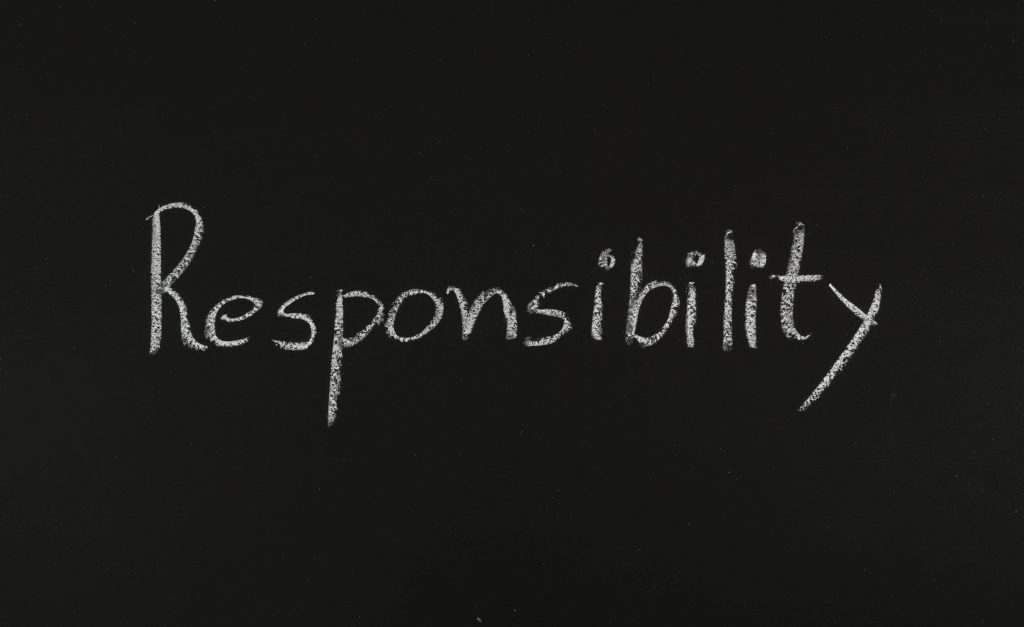As parents, we often face the challenging decision of whether our teenagers are ready to move out and embrace adulthood. The leap from living under a parent’s roof to managing life independently is significant. This article explores 12 critical reasons why your 18-year-old might not be as ready as you think to make this transition.
1. Emotional Maturity is Key
Most 18-year-olds are still developing their emotional maturity, which is essential for handling life’s challenges. They may struggle with managing stress, disappointment, and complex interpersonal relationships on their own. Emotional resilience is crucial in navigating the ups and downs of adult life. Without it, young adults can easily become overwhelmed. Parents should evaluate their teen’s emotional readiness before encouraging them to live independently.
2. Financial Literacy is a Must
Financial literacy is a critical skill that many teens lack when they turn 18. They often have little experience with budgeting, paying bills, and understanding credit. Without these skills, young adults can quickly find themselves in financial trouble. Teaching them about responsible spending and saving is crucial before they move out. Ensuring your teen understands the value of money and how to manage it is essential for their independence.
3. The Burden of Responsibilities
Living independently comes with a host of new responsibilities, from cooking to paying rent. Many teens are not accustomed to managing such tasks alongside their other commitments. The transition from having tasks done for them to doing it themselves can be jarring. Time management and prioritization become crucial skills for independent living. Parents should ensure their teens are prepared to handle these everyday responsibilities.
4. Academic Preparedness
Transitioning to college or vocational training requires a significant level of academic preparedness. Living alone can distract young adults from their studies. Balancing household responsibilities with academic commitments is a skill that needs time to develop. A lack of preparedness can lead to poor academic performance. It’s important to consider whether your teen can handle both living independently and succeeding academically.
5. The Value of Family Support
The support and guidance of a family are invaluable at this stage of life. Many teens still rely on their parents for advice, emotional support, and practical help. Moving out can mean losing this daily support network. Family plays a crucial role in helping young adults navigate new challenges. Parents should assess whether their teen is ready to be without this support.
6. Social Skills Development
Developing strong social skills is an ongoing process for teenagers. Many 18-year-olds are still learning how to effectively communicate and resolve conflicts. Interpersonal skills are vital for both personal relationships and professional environments. The ability to interact with a diverse range of people is crucial in adulthood. Parents should consider whether their teen has the social maturity needed for independent living.
7. Health and Self-Care
Maintaining a healthy lifestyle is a challenge for many young adults. Teens often struggle with self-care, including proper nutrition, exercise, and sleep habits. Independent living requires a commitment to personal health and well-being. Without parental oversight, some young adults neglect their health. It’s important to ensure your teen understands and values their health and well-being.
8. Career Planning and Stability
Career planning is a critical aspect of becoming an adult. Many teens at 18 are still exploring their career options and may not have a clear path forward. Stability in their career choice is important before taking the step to move out. Premature independence can add stress to their career development process. Parents should help their teens in developing a realistic and stable career plan.
9. Understanding Legal Responsibilities
Adult life comes with legal responsibilities that many teens are not prepared for. This includes understanding tenant rights, contractual obligations, and civic duties. Lack of knowledge in these areas can lead to serious consequences. It’s essential to educate teens about their legal responsibilities as adults. Parents play a key role in guiding their teens through these legal complexities.
10. Coping with Loneliness and Isolation
Moving out often leads to feelings of loneliness and isolation for young adults. The absence of a constant family presence can be challenging. Teens need to develop coping mechanisms for these feelings. Emotional self-sufficiency is a key aspect of living independently. Parents should discuss these emotional aspects and prepare their teens for the reality of living alone.
11. Navigating Real-World Challenges
The real world presents a variety of challenges that teens may not be prepared for. From dealing with landlords to understanding how to maintain a car, these are important skills. Real-world challenges require a level of maturity and problem-solving skills. Parents should ensure their teens are equipped with practical knowledge and resources. Preparing them for these realities is crucial for their success.
12. The Rush to Grow Up
There’s often a societal pressure for teens to become independent quickly. However, maturity and readiness do not necessarily align with age. Enjoying the journey of growing up and learning at each stage is important. Parents should encourage their teens to take their time in transitioning to adulthood. Ensuring that they are not rushing into independence is key for a successful transition.
Eighteen Is a Significant Milestone
While turning 18 is a significant milestone, it does not automatically equip a young adult with all the skills and knowledge needed for independent living. As parents, it’s our responsibility to help our teens assess their readiness and prepare them for the realities of adult life. By considering these 12 factors, we can provide our children with the best chance for a successful and smooth transition into adulthood.

Latrice is a dedicated professional with a rich background in social work, complemented by an Associate Degree in the field. Her journey has been uniquely shaped by the rewarding experience of being a stay-at-home mom to her two children, aged 13 and 5. This role has not only been a testament to her commitment to family but has also provided her with invaluable life lessons and insights.
As a mother, Latrice has embraced the opportunity to educate her children on essential life skills, with a special focus on financial literacy, the nuances of life, and the importance of inner peace.














Leave a Reply